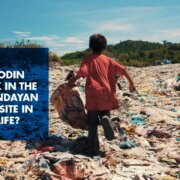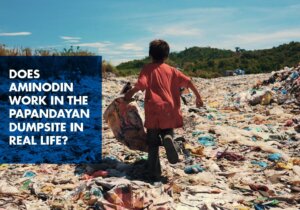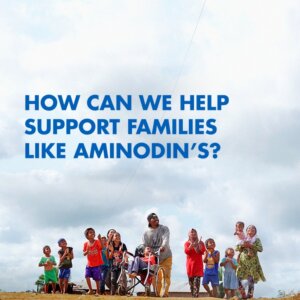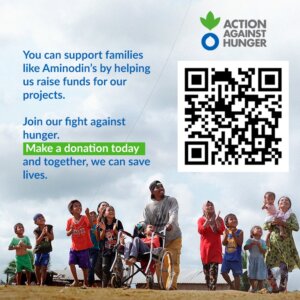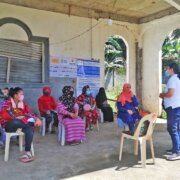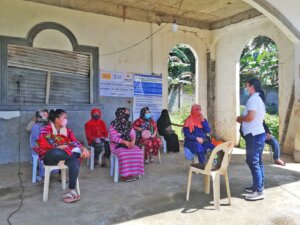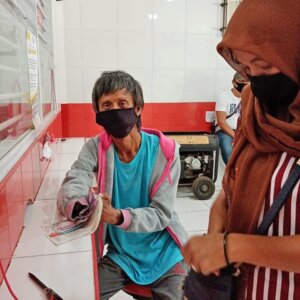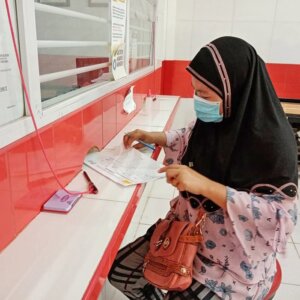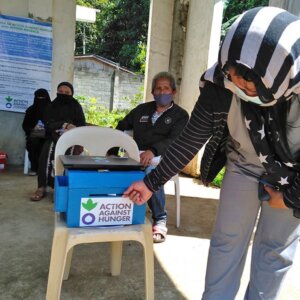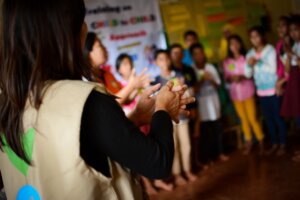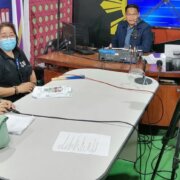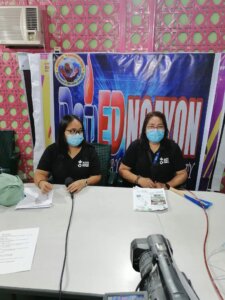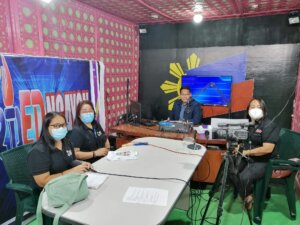Around 1,250 flood-affected residents receive hygiene kits through REACH
Almost four months after Typhoon Odette, the central and southern parts of the Philippines are faced with another mishap when Tropical Storm Agaton (internationally named Megi) had left almost 307,500 people displaced.
Heavy rainfall had left Maguindanao flooded for two weeks since April 7, 2022. This has caused a tremendous impact on the health and livelihood of families living in all 14 barangays in Mamasapano—especially in accessing and maintaining hygiene and health protection.

In photo: Barangay Lusay, Mamasapano (Photo courtesy of Mamasapano Municipal Disaster Risk Reduction & Management Office)
With funding support from the European Union Humanitarian Aid, the REACH project launched an emergency kit distribution last April 21 to support almost 1,250 flood-affected families in Maguindanao. The distribution was facilitated by Action Against Hunger and the Philippine Business for Social Progress (PBSP).
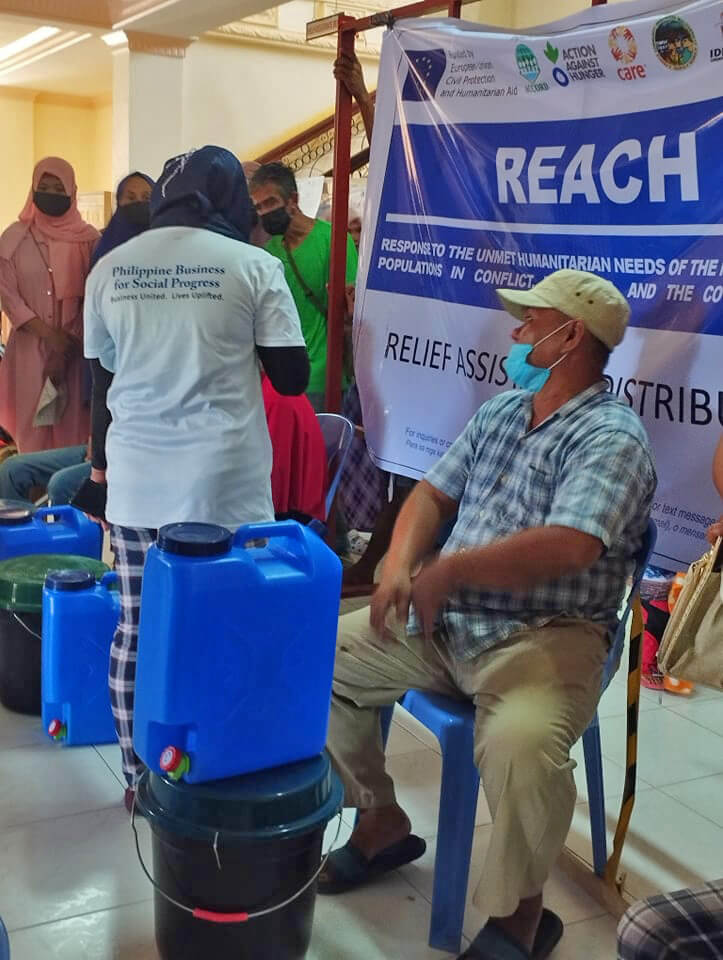
Many of the participating families rely on agriculture as their main source of income. Now that crops have been damaged by the flooding, they worry that the lack of sustainable income will deprive them of access to their health and hygiene needs.
Working closely with the Municipal Disaster Risk Reduction Office (MDRRMO) and Municipal Social Welfare and Development Office (MSWDO) of Mamasapano, we identified persons with disabilities to be prioritized in the said distribution. A total of 250 families were able to receive hygiene kits.
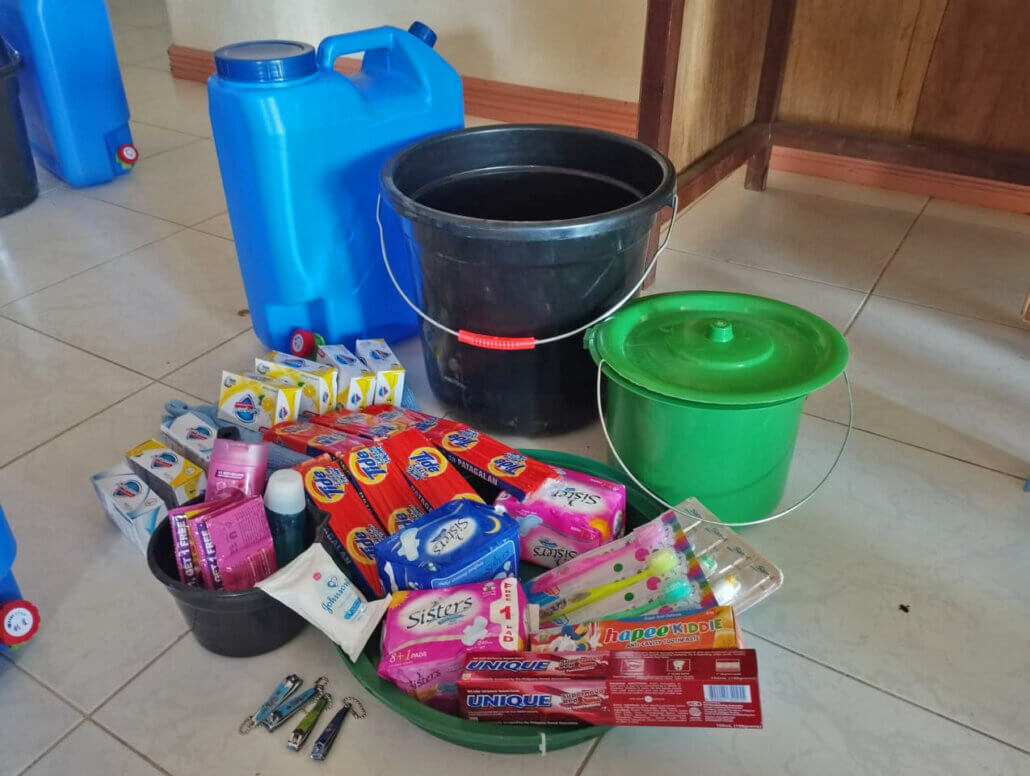
The selection of PWDs was advised by the MDRRMO and MSWDO due to the group’s increased vulnerability to health risks brought about by the flooding. In Mamasapano alone, more than 4,000 families are reportedly affected by the storm.
The ‘Response to the Unmet Humanitarian Needs of the Most Vulnerable Populations in Mindanao and the Visayas Affected by Conflict, Disasters, and the COVID-19 Pandemic’ (REACH) Project is funded by the European Civil Protection and Humanitarian Aid (ECHO) and is implemented by ACCORD Incorporated, Action Against Hunger Philippines, CARE Philippines, Community Organizers Multiversity, Initiatives for Dialogue and Empowerment through Alternative Legal Services (IDEALS) Inc., Philippine Business for Social Progress (PBSP), United Youth of the Philippines-Women and Oxfam Pilipinas.
Written by Dennis Alcy Ellorimo | Edited by Joyce Sandajan Read more


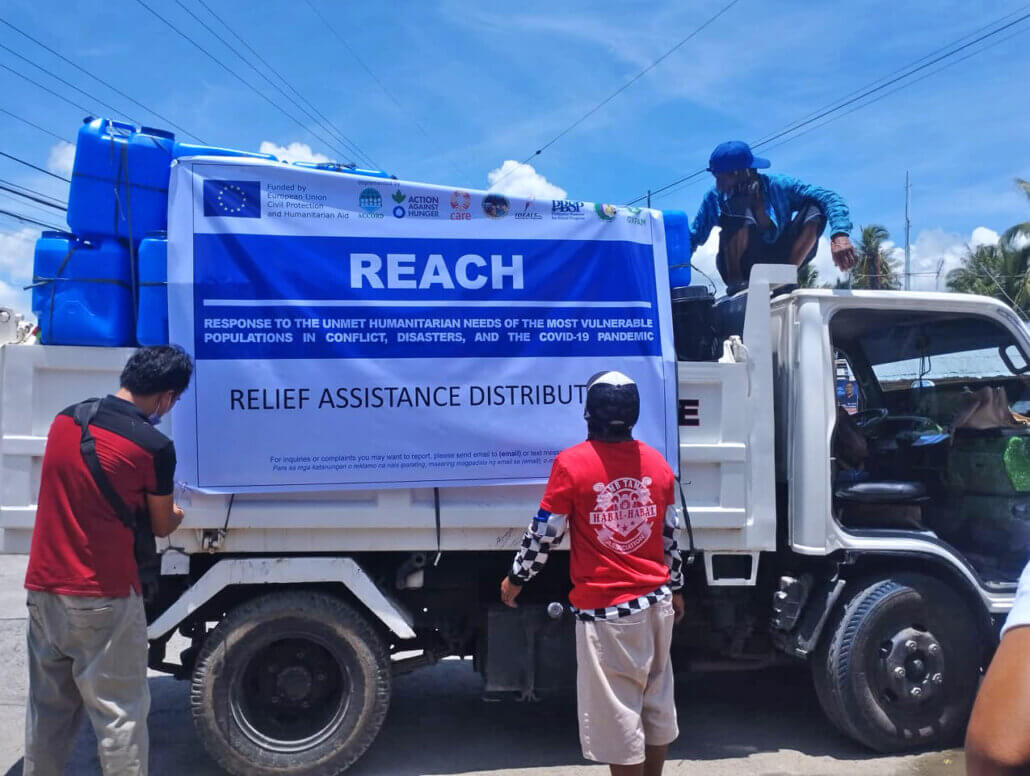
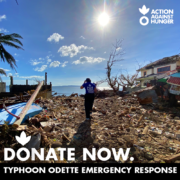
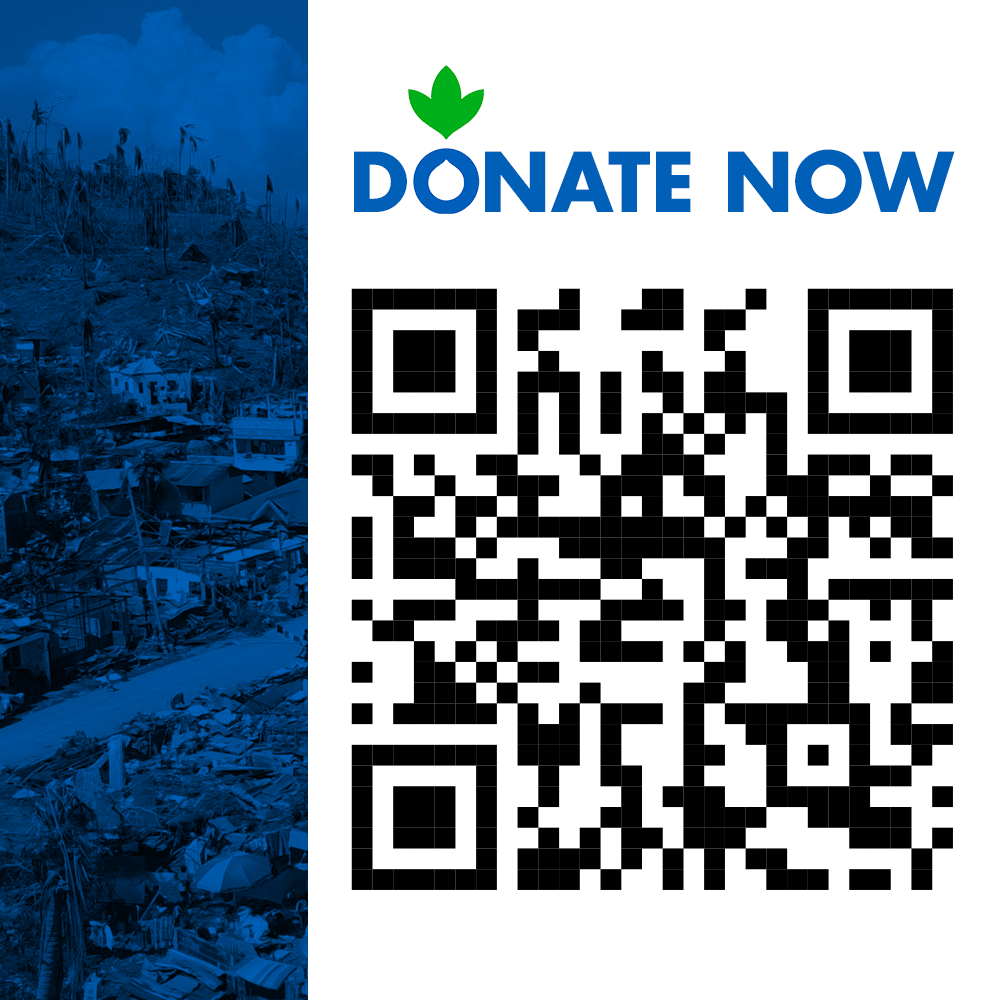 Now, Ca
Now, Ca